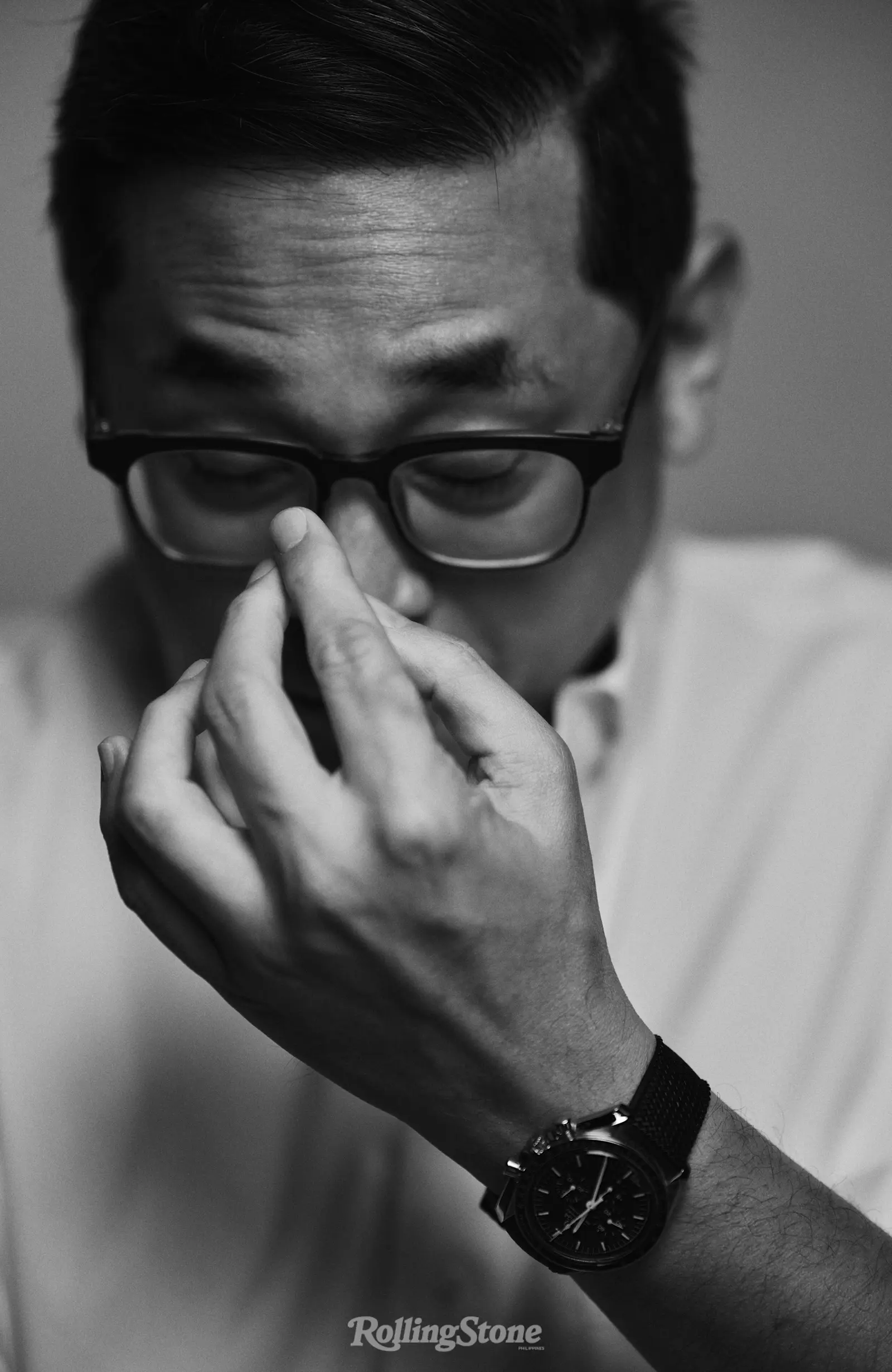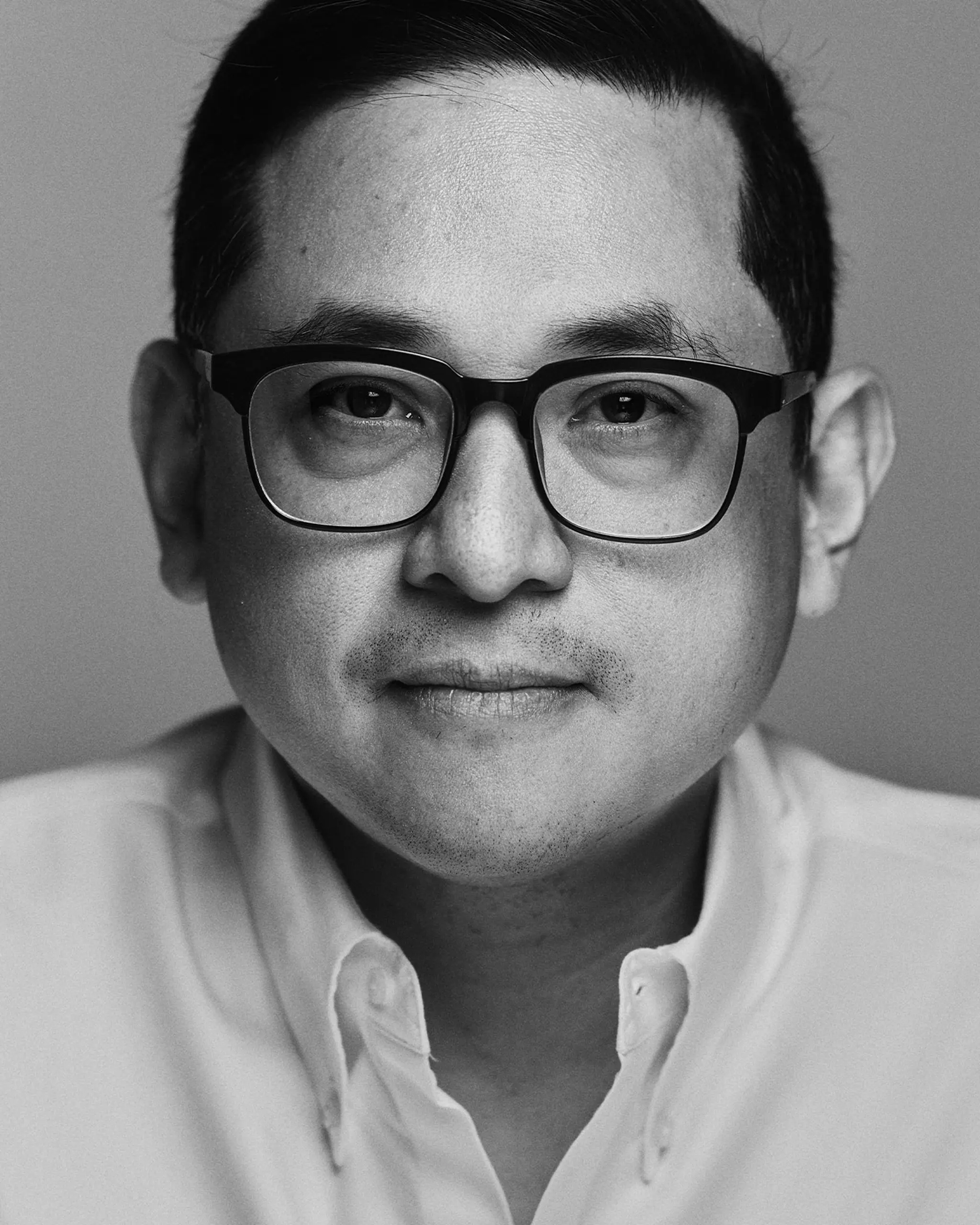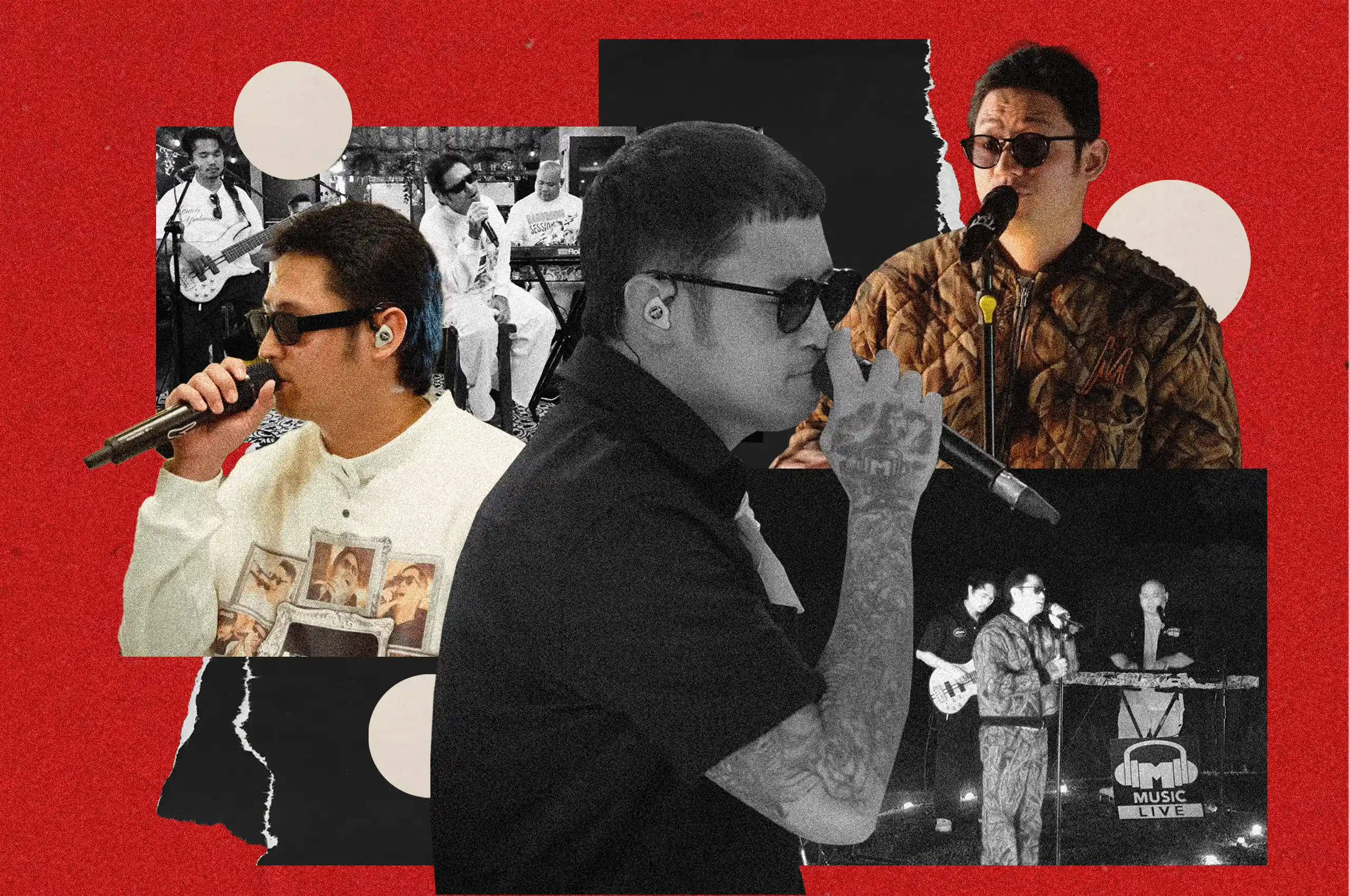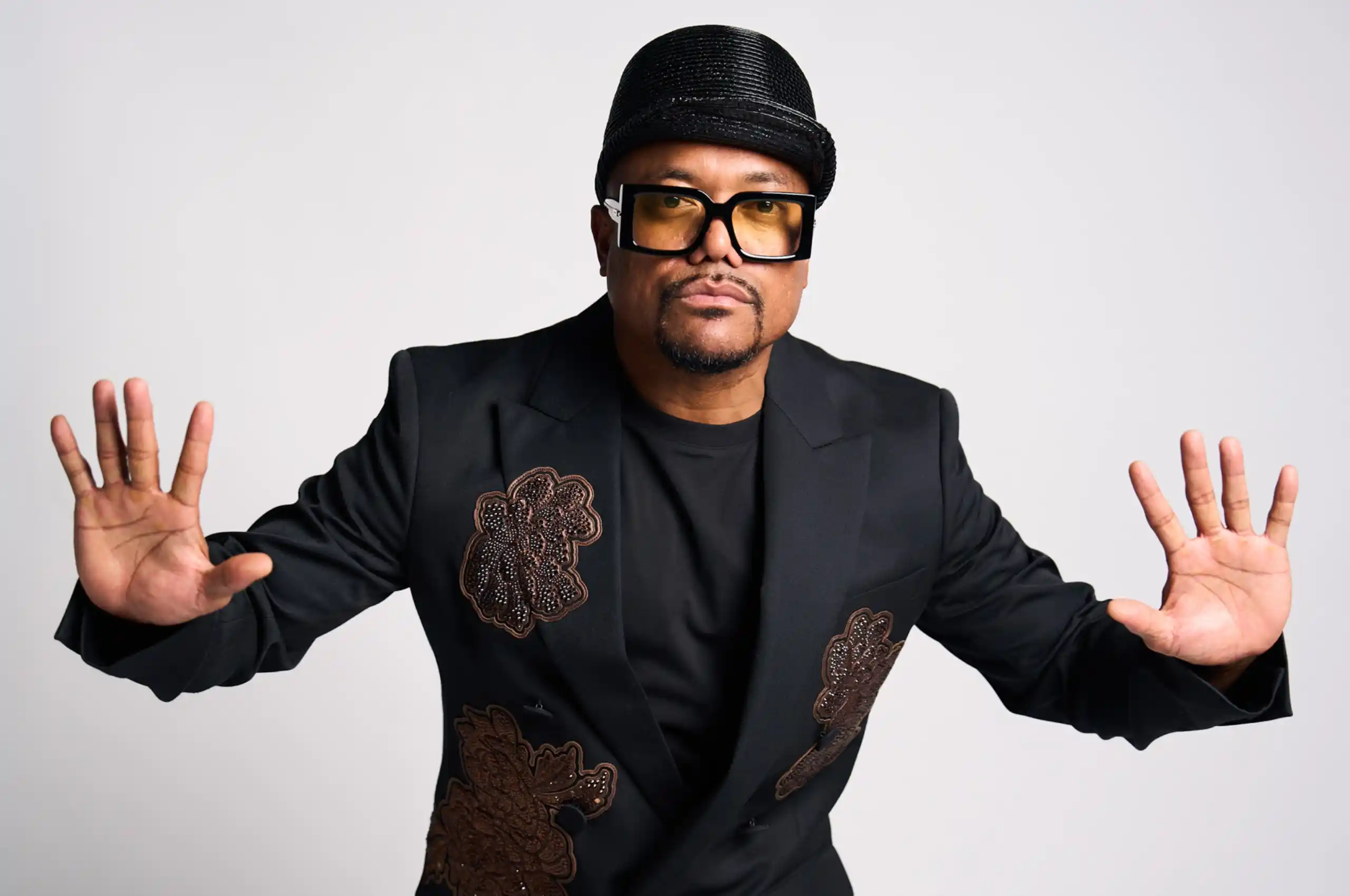Senator Bam Aquino admits that when he ran for the Senate in the 2025 midterm elections, people thought he was crazy — including some from his own family. Early voter preference surveys saw the returning legislator outside of the top 12, who were poised to make up a new half of the Senate for the 20th Congress.
In 2019, Aquino and the rest of the opposition coalition Otso Diretso lost the midterm elections. In 2022, he became the campaign manager in former Vice President Leni Robredo’s presidential bid, which also ended in a tremendous loss.
2025 marks Aquino’s second term as senator, a comeback motivated by the youth and education advocacies he pursued since the very beginning of his political career. He first joined the legislature in 2013 after his time in the National Youth Commission from 2001 to 2006 and his work as a social entrepreneur.
He is best known as the author of the Universal Access to Quality Tertiary Education Act, or the Free College Law. But Aquino believes there’s more to be done, especially with the comprehensive report of the Second Congressional Commission on Education (EDCOM 2) on the Philippines’ festering education crisis. After the Free College Law, he says the next issue to tackle is unemployment and underemployment.
While running and voting on a single issue are generally looked down upon, Aquino’s decision to veer from party politics and hinge his campaign on education issues worked well for him — even landing him the number two spot in the senatorial race. The strategy was very much aligned with his departure from the Liberal Party in 2024 and subsequent chairmanship at the Katipunan ng Nagkakaisang Pilipino, a center-left party focused on youth empowerment.
[O]ne thing is pretty clear: most of the surveys were wrong. In our case, we felt a lot of the surveys weren’t able to capture what we were experiencing on the ground.
“When you get to talk to people when you go around, they don’t bring up ‘yong party dynamics or political colors,” Aquino says. “They bring up [things like], ‘‘‘Yong anak ko mag-da-drop out kasi masyadong malayo ‘yong school sa aming bahay.’”
In this interview, he talks about what he’s learned from his losses, re-entering politics despite the odds seemingly stacked against him, and why his education advocacy was crucial to his win.
In the voter preference surveys leading up to the elections, you barely scraped the Magic 12. So, your big win came as a surprise to many. What do you think happened there?
I don’t know. We’re honestly still trying to find out. I think a lot of young people came out to vote on the day itself. Comparing it to 2022, a lot of the young people who supported Leni in the rallies weren’t even [eligible to vote]. So many of them registered [for the midterm elections]. In fact, you have six million new voters for 2025. I think our message, which is really focused on education and young people, also really worked. It struck a chord.
They also campaigned to their parents, and the parents also voted, which was not the case in 2022. This time, it was different because they chose 12 candidates. It’s not a “choose one,” like the presidential election.
Our decision to be independent really worked out because we were able to penetrate areas where the leaders were really our kakampi, areas that were heavily administration-leaning, and areas that were Duterte-leaning. So I did really well in Luzon and in the Visayas. And then when it came to Mindanao, I think we survived.

I don’t think many of the other teams had people on the ground actively campaigning for them. Parang kaunti lang ‘yong mga candidates like kami ni Kiko [Pangilinan], of course, and just a few others who had people on the ground actually knocking on homes and trying to get people to vote for their candidates.
In my case, a lot of young people from local and state universities and colleges, even from the private universities, made a big difference. We were very clear about our messaging on education. We didn’t have a lot of resources, so whatever we had, we really focused it on the messaging and the support for the volunteers. And by the last week of April, diyan na nag-start that we were in the top 12.
As we were doing the campaign, things were improving. And you could feel that e. Sometimes ma-fi-feel mo ‘yon bago mo makita sa survey.
In fact, I think one thing is pretty clear: most of the surveys were wrong. In our case, we felt a lot of the surveys weren’t able to capture what we were experiencing on the ground. And what you experience on the ground, makikita mo sa resulta ng eleksyon, ‘di ba?
We really felt that there was more energy, more people supporting [us]. They were doing the house-to-house campaigns and putting up their own posters. All those billboards that went up in Metro Manila, I think all of those were [put up by] volunteers. Many of the local leaders also supported us because we were independent.
You ran largely on a single issue rather than taking part in party politics. What do you feel led you to do that?
When you get to talk to people when you go around, they don’t bring up ‘yong party dynamics or political colors. They bring up, “‘Yong anak ko mag-da-drop out kasi masyadong malayo ‘yong school sa aming bahay.” Or a jeepney driver saying, “‘Yong napangakong subsidy para sa amin kasi tumataas ‘yong presyo ng diesel, ‘di naman umabot sa amin.” Or farmers saying, “‘Yong nag-deliver ng 100 bags ng fertilizer, pinapapirma sa amin na received, but they only delivered 50 bags. And ‘yong other 50 bags, binubulsa ng mga officials.” That’s what they bring up.
We made it a point in the campaign na everywhere we go, mayroon kaming sectoral meetings with fishermen, farmers, students, iba’t-ibang sectors all over the country. Nobody brings up party politics. What they bring up is “We’re trying to feed our family,” “May pangarap ako para sa anak ko. Anong gagawin ninyo?”
Now, of course, politics is part of it. When you become a senator, you have to deal with all of that. But for a campaign, siguro naman for these 90 days, we can focus on what people want, or what’s important for them.
If the law can really benefit the Filipino people, you can still set aside politics. And if you look at the Senate, you can’t pass a law if people don’t agree with you.
Aside from education, what was the core message of your campaign this time around? And how did you ensure that it would cut through the noise?
That was it. Most campaigns will have three or four ads. One of the winning senatorial candidates had like five, I think. We had one ad. We shot it once. It had two variations. That’s it.
From October 2024 all the way to May, it’s very unusual na isa lang ‘yong ad mo. My wife, who’s also a communications professional, said, “We haven’t even saturated this ad. We didn’t have enough money to begin with to saturate the ad. So why are we going to shift to another ad?” But ‘yong benefit doon was very clear. Sobrang specific and clear why we were running.
And the senatorial race is very different from presidential or vice presidential, or gubernatorial or mayoral. Kasi doon, it’s one choice. Here, you have 12 choices, so you have to be relevant to people. But other candidates can also be relevant to them.

You’re not going for one slot. So we felt that the education message was strong enough and heartfelt enough to cut through to the parents and to the students, whether you’re a direct beneficiary [of free college education] or you know someone who’s a direct beneficiary, or you want to be a beneficiary of the law.
And one big difference from the last time I ran, parang the [free college] law was just up for maybe a year and a half. So when I ran in 2019 on the same platform, people said, “O, totoo ba ‘yan? Hindi naman ‘yan totoo e, ‘di ba?” But by 2025, the law had already been enacted or implemented for seven years, so may proof of concept ka na. People would come up to me and say, “Sen, teacher na ako dahil sa batas mo,” “Nurse na ako dahil sa batas mo.” And sila na mismo ‘yong campaigners mo, because they know the law is real. They know that we had to campaign to deliver the message that I was the principal sponsor of the law.
And from there, it became clear na, “Okay, this guy’s done something, and he wants to push the next level, which is the employability and fighting unemployment and underemployment.” And that resonated with a lot of the citizens.
You said previously that you’re not running as the opposition, but as someone who wants to work with others, regardless of their affiliation. What does political collaboration look like to you in this new Senate?
Same as the last Senate I was a part of, kahit magkaiba kayong partido, you’re going to support each other’s laws. Nobody voted against the Free College Law, and that was a more contentious time kasi I was the deputy minority leader at the time. Talagang hardcore opposition ako noong time na ‘yon.
But they still supported it. So I like to think that if the law can really benefit the Filipino people, you can still set aside politics. And if you look at the Senate, you can’t pass a law if people don’t agree with you.
A senator can block your law. Iba pa ‘yong voting against it. In the Senate, we don’t stop our interpellation. Meaning, if I really wanted to block your law, I would just interpellate forever and let the time of Congress run out.

All 24 of you need to give each other space for the laws that you want to pass and the laws that I want to pass. Kaya kahit papaano, there’s that collaboration.
And in my experience in the 16th and 17th Congress, and hopefully again in the 20th and 21st Congress, I hope that even if we come from different parties, if the laws are for education, for employment, for protection of our territory, for the safety of our countrymen, for health, we can all come together.
Read the rest of the story in The State of Affairs issue of Rolling Stone Philippines. Pre-order a copy on Sari-Sari Shopping, or read the e-magazine now here.







